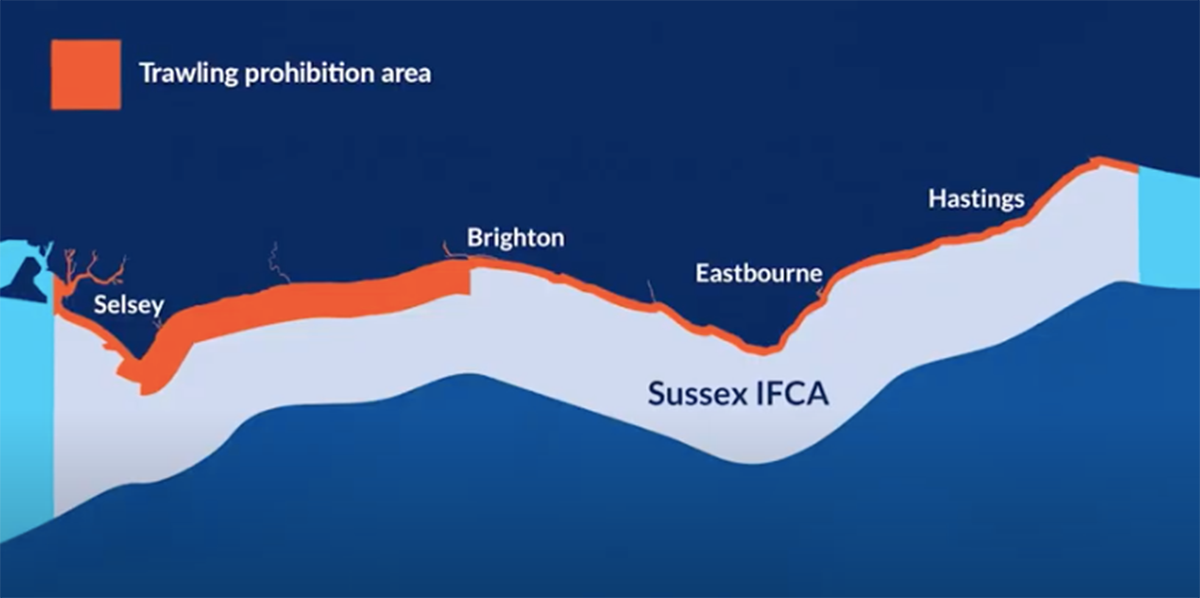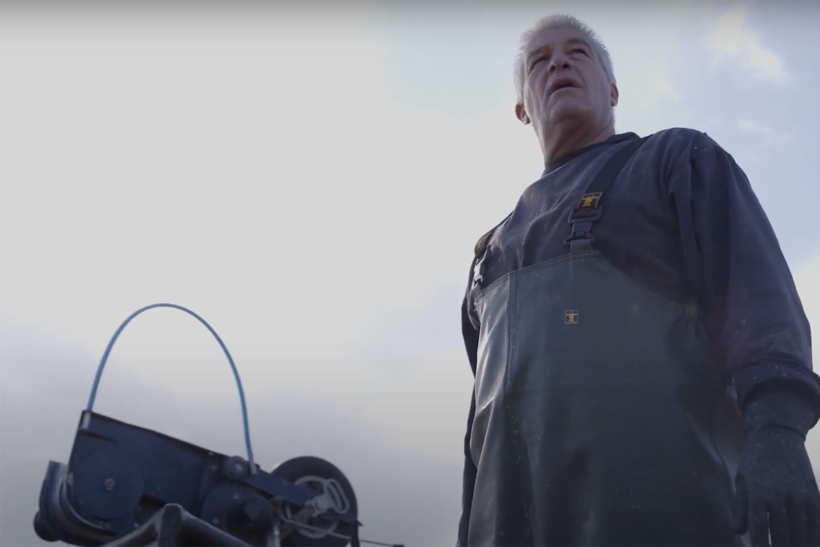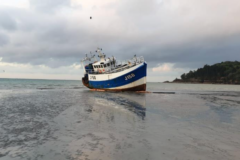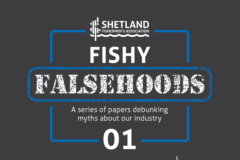The UK government’s intention to issue over 1,000 licences to EU and UK fishing vessels for 2022 permitting them to bottom trawl in UK Marine Protected Areas (MPAs) is in contravention of the Habitats Regulations, which could make the licences illegal under UK law, according to green NGO Oceana.
Bottom trawling and dredging are currently still permitted in 62 out of 64 of the UK’s offshore MPAs, it says, although the UK government has committed to introducing fisheries management for all its MPAs by 2024.
Melissa Moore, head of UK policy at Oceana in Europe, said: “We need an immediate ban on trawling and dredging in all offshore Marine Protected Areas as well as the inshore zone. To continue to license this destructive activity, when we know the damage it causes and that it is illegal under various environmental laws, beggars belief.
“A simple licence condition should prohibit fishing in MPAs. We need to protect our marine habitats, and in return many will also help protect us from climate change by sequestering and storing carbon.”
Oceana has released a new film that it says demonstrates the positive impact that a trawling ban can deliver for the marine ecosystem. The film showcases the Sussex coast, where the UK government approved a byelaw introduced by Sussex IFCA in February last year, banning trawling in over 170 km2 of the nearshore area.

Trawling has been banned in over 170 km2 of the nearshore area off the Sussex coast.
Ocean activist Steve Allnutt has been diving off the West Sussex coast since the 1990s and documenting changes to marine habitats and wildlife due to trawling and other environmental factors. Underwater footage captured by Steve shows how kelp beds, marine life and fish species including bream, bass, pouting and wrasse have started to return and flourish now that trawling has been excluded.
Steve Allnutt said: “I hope that Sussex is the beginning of a massive domino effect across the rest of the UK. I’ve seen for myself how quickly the kelp and other marine life can bounce back when it’s left alone by trawlers.
“While it’s really encouraging, it’s also devastating to think about the destruction that’s still happening to the rest of the UK’s oceans and marine life. The government must follow Sussex’s lead and ban bottom trawling from 0 to 3 nautical miles off the rest of the coast and in all Marine Protected Areas.”
Fisherman Clive Mills, who has been fishing off Bognor Regis since 1976, has voiced his support for the ban in Sussex’s inshore area. Clive, who fishes with trammel nets and gill-nets, says there has been dramatically improved availability of catch for him and other low-impact fishers since the byelaw came into force.
He said: “We need to start looking after what we’ve got left, because if we don’t, there will be nothing left. If we keep using the gear that’s decimating everything, we won’t be able to do this. If we don’t do it now, when are we going to do it? In 10 years’ time? Twenty years’ time? Every day we leave it, or every year we leave it, we’re getting closer to the abyss.”
Oceana is now calling for similar 3nm inshore bans to bottom trawling and dredging in the remainder of the UK, as well as a ban in all Marine Protected Areas, ‘most urgently the offshore MPAs that are completely unmanaged’.
It argues: “By leaving the inshore area for low-impact fishers such as crab and lobster potters, and banning scallop dredging and bottom trawling that damage inshore habitats, this zone will provide an important nursery ground for fish that will help restock further offshore. It will also see the recovery of blue carbon habitats of kelp, reefs and seagrasses.”
The film can be seen below…






